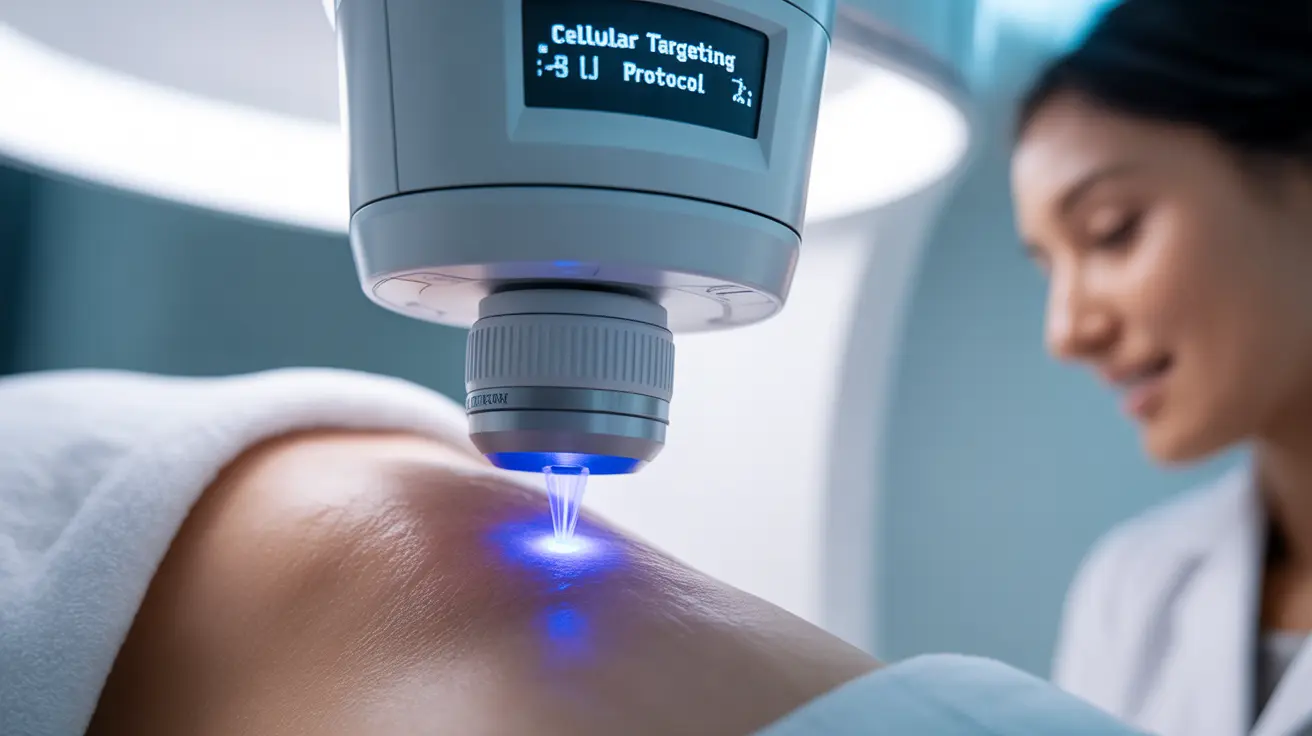For individuals diagnosed with basal cell or squamous cell skin cancer, Gentle Cure offers a promising non-surgical treatment option that's gaining recognition in the medical community. This innovative therapy provides an alternative to traditional surgical procedures, potentially offering less invasive treatment with comparable effectiveness.
Understanding Gentle Cure's benefits, coverage options, and treatment process can help patients make informed decisions about their skin cancer care. Let's explore everything you need to know about this advanced treatment option.
How Gentle Cure Works
Gentle Cure utilizes specialized technology to target and eliminate skin cancer cells while preserving surrounding healthy tissue. The treatment involves applying a specially formulated medication directly to the affected area, which then works in conjunction with specific light wavelengths to destroy cancer cells.
The procedure typically involves multiple sessions, each carefully monitored by healthcare professionals to ensure optimal results. Unlike traditional surgery, this approach doesn't require cutting or extensive wound care.
Benefits of Gentle Cure Treatment
This non-surgical approach offers several advantages for treating basal and squamous cell carcinomas:
- Minimal scarring compared to surgical procedures
- No need for general anesthesia
- Shorter recovery time
- Ability to treat multiple areas simultaneously
- Preservation of healthy surrounding tissue
- High cure rates for appropriate candidates
Treatment Process and Timeline
The Gentle Cure treatment process typically follows these steps:
- Initial consultation and skin cancer assessment
- Treatment planning and preparation
- Application of the medication
- Light therapy sessions
- Follow-up care and monitoring
Most patients complete their treatment course within several weeks, though individual timelines may vary based on the specific case and response to treatment.
Side Effects and Recovery
While Gentle Cure is generally well-tolerated, patients may experience some temporary side effects:
- Mild skin irritation
- Redness in the treatment area
- Slight swelling
- Temporary skin sensitivity
- Minor discomfort
These effects typically resolve within a few days to weeks after treatment completion.
Insurance Coverage and Costs
Many insurance providers, including Medicare, may cover Gentle Cure treatment when deemed medically necessary. Coverage levels and out-of-pocket costs vary depending on individual insurance plans, deductibles, and co-insurance requirements.
Patients should consult with their insurance provider and healthcare facility to understand specific coverage details and potential expenses before beginning treatment.
Frequently Asked Questions
What are the benefits of using Gentle Cure for treating basal and squamous cell skin cancers compared to surgery?
Gentle Cure offers minimal scarring, no need for general anesthesia, shorter recovery times, and the ability to treat multiple areas simultaneously while preserving healthy tissue. It's particularly beneficial for patients who want to avoid surgical intervention or have cancers in cosmetically sensitive areas.
Is Gentle Cure covered by Medicare and most insurance plans, and what out-of-pocket costs can I expect?
Many insurance plans, including Medicare, may cover Gentle Cure when medically necessary. Out-of-pocket costs vary based on individual insurance plans, deductibles, and co-insurance requirements. Patients should verify coverage with their insurance provider and discuss payment options with their healthcare provider.
How does Gentle Cure work, and what are the typical side effects of this non-surgical skin cancer treatment?
Gentle Cure works by combining specialized medication with light therapy to target and eliminate cancer cells. Common side effects include temporary skin irritation, redness, swelling, and sensitivity in the treatment area. These effects typically resolve within days to weeks after treatment.
Can Gentle Cure be used for skin cancer recurrences or in areas with previous surgical scars?
Yes, Gentle Cure can often be used to treat recurring skin cancers and areas with previous surgical scars. The treatment's precision allows it to target cancer cells while minimizing impact on surrounding tissue, making it suitable for these challenging cases.
What are the advantages of choosing Gentle Cure over other non-surgical skin cancer treatments available today?
Gentle Cure offers precise targeting of cancer cells, minimal damage to healthy tissue, high cure rates for appropriate candidates, and excellent cosmetic outcomes. It also provides a more comfortable treatment experience compared to some other non-surgical options, with manageable side effects and recovery time.




